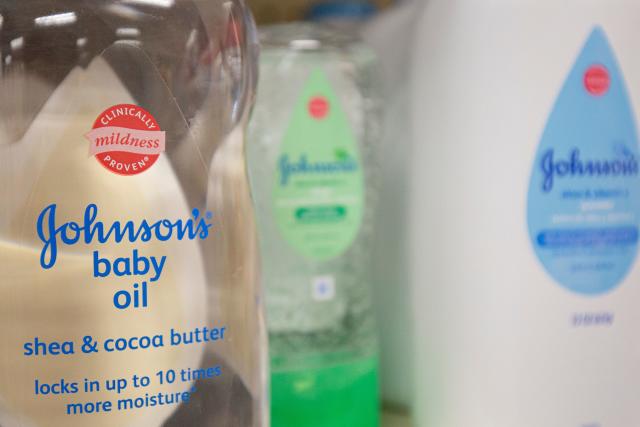Johnson & Johnson told to pay $8bn to man over unwanted breast growth
US drugs giant Johnson & Johnson (JNJ) has been ordered to pay $8bn (£6.6bn) in damages to man who grew breast tissue after taking a antipsychotic drug as a child.
A Philadelphia jury on Tuesday awarded 26-year-old Nicholas Murray $8bn in damages, on top of $680,000 already awarded in 2015.
The verdict comes after Murray was proscribed antipsychotic drug Risperdal in 2003 as a child. The drug was initially used to treat bipolar disorder and schizophrenia, but was expanded to treat autism. Murray developed breast tissue after taking the drug, which was “humiliating” and “often painful”, his lawyers said.
Murray’s lawyers argued that Johnson & Johnson’s subsidiary Janssen did not make him aware that the drug could lead to the development of female breast tissue. Tuesday’s verdict was the first time a jury ruled on the case.
The jury ruled that Johnson & Johnson made a “pervasive nationwide effort to illegally market Risperdal and downplay its very serious risks on a systemic level,” according to the Philadelphia Inquirer. Murray’s lawyers are representing thousands of other people with similar claims against Johnson & Johnson.

Johnson & Johnson said the $8bn award was “grossly disproportionate with the initial compensatory award in this case” and “a clear violation of due process.”
“We will be immediately moving to set aside this excessive and unfounded verdict,” the company said in a statement.
Professor Carl Tobias of the University of Richmond School of Law told Reuters that he expects the punitive damages to be lowered on appeal.
Tuesday’s ruling is the latest in a string of multi-million dollar verdicts against Johnson & Johnson linked to historic drugs.
Johnson & Johnson was ordered to pay $575m by Oklahoma earlier this year over the company’s historic involvement in the opioid crisis and earlier this month it reached a $20.4m settlement in Ohio over similar cases. Johnson & Johnson was also forced to pay $2.2bn in 2013 by the US Justice Department for unfairly marketing drugs, including Risperdal, as treatment for dementia.
They are also appealing a ruling made last year that required the drug company to $4.7bn to 22 US women who alleged that the company’s talcum powder led them to develop ovarian cancer as a result of asbestos contamination.





No comments:
Post a Comment